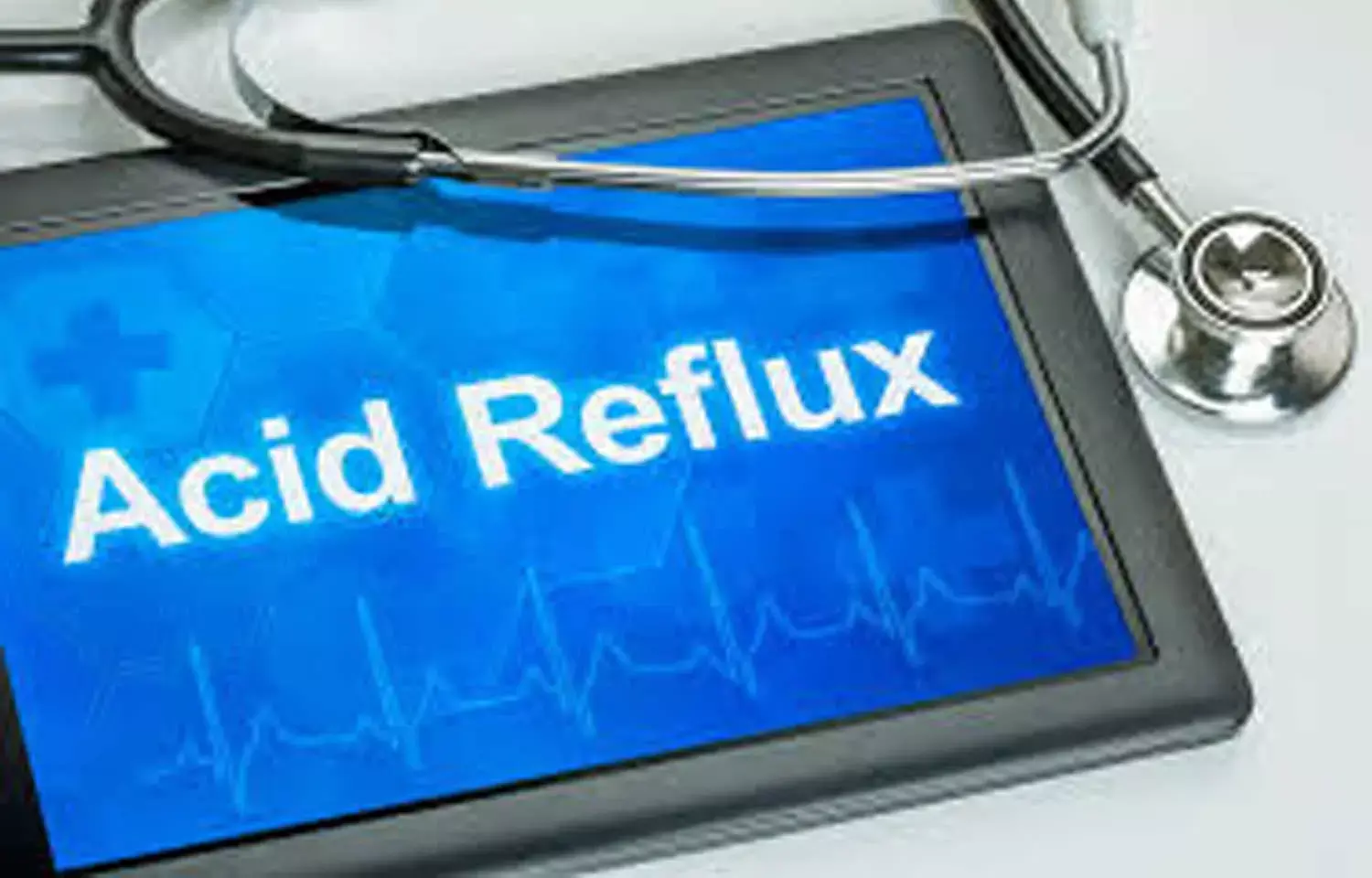- Home
- Medical news & Guidelines
- Anesthesiology
- Cardiology and CTVS
- Critical Care
- Dentistry
- Dermatology
- Diabetes and Endocrinology
- ENT
- Gastroenterology
- Medicine
- Nephrology
- Neurology
- Obstretics-Gynaecology
- Oncology
- Ophthalmology
- Orthopaedics
- Pediatrics-Neonatology
- Psychiatry
- Pulmonology
- Radiology
- Surgery
- Urology
- Laboratory Medicine
- Diet
- Nursing
- Paramedical
- Physiotherapy
- Health news
- Fact Check
- Bone Health Fact Check
- Brain Health Fact Check
- Cancer Related Fact Check
- Child Care Fact Check
- Dental and oral health fact check
- Diabetes and metabolic health fact check
- Diet and Nutrition Fact Check
- Eye and ENT Care Fact Check
- Fitness fact check
- Gut health fact check
- Heart health fact check
- Kidney health fact check
- Medical education fact check
- Men's health fact check
- Respiratory fact check
- Skin and hair care fact check
- Vaccine and Immunization fact check
- Women's health fact check
- AYUSH
- State News
- Andaman and Nicobar Islands
- Andhra Pradesh
- Arunachal Pradesh
- Assam
- Bihar
- Chandigarh
- Chattisgarh
- Dadra and Nagar Haveli
- Daman and Diu
- Delhi
- Goa
- Gujarat
- Haryana
- Himachal Pradesh
- Jammu & Kashmir
- Jharkhand
- Karnataka
- Kerala
- Ladakh
- Lakshadweep
- Madhya Pradesh
- Maharashtra
- Manipur
- Meghalaya
- Mizoram
- Nagaland
- Odisha
- Puducherry
- Punjab
- Rajasthan
- Sikkim
- Tamil Nadu
- Telangana
- Tripura
- Uttar Pradesh
- Uttrakhand
- West Bengal
- Medical Education
- Industry
Acid reflux disease may increase risk of cancers of the larynx and esophagus

Results from a large U.S. government prospective study indicate that gastroesophageal reflux disease (GERD), which also causes heartburn symptoms, is linked with higher risks of various cancers of the larynx (or voice box) and esophagus. The study is published early online in CANCER, a peer-reviewed journal of the American Cancer Society.
GERD, a gastrointestinal disorder that affects approximately 20 percent of U.S. adults, occurs when stomach acid flows back into the esophagus, where it can cause tissue damage. Research indicates that this damage may put patients at risk of developing a type of cancer called esophageal adenocarcinoma.
To provide additional insights concerning this link and potential links to other types of cancer, a team led by Christian C. Abnet, PhD, of the National Cancer Institute, part of the National Institutes of Health (NIH), examined information on 490,605 adults enrolled in the NIH-AARP Diet and Health Study, a prospective study that mailed questionnaires in 1995-1996 to 3.5 million AARP members, aged between 50 and 71 years who were living in California, Florida, Louisiana, New Jersey, North Carolina, or Pennsylvania, or in the metropolitan areas of Atlanta, Georgia, and Detroit, Michigan.
Using Medicare claims data, the investigators estimated that 24 percent of participants had a history of GERD. Over the following 16 years after participants joined the study, 931 patients developed esophageal adenocarcinoma, 876 developed laryngeal squamous cell carcinoma, and 301 developed esophageal squamous cell carcinoma. People with GERD had about a two-times higher risk of developing each of these types of cancer, and the elevated risk was similar across groups categorized by sex, smoking status, and alcohol consumption. The investigators were able to replicate the results when they restricted analyses to the Medicare data subset of 107,258 adults.
The team estimated that approximately 17 percent of these cancers in the larynx and esophagus are associated with GERD.
"This study alone is not sufficient to result in specific actions by the public. Additional research is needed to replicate these findings and establish GERD as a risk factor for cancer and other diseases," said Dr. Abnet. "Future studies are needed to evaluate whether treatments aimed at GERD symptoms will alter the apparent risks."
https://acsjournals.onlinelibrary.wiley.com/doi/10.1002/cncr.33427
Hina Zahid Joined Medical Dialogue in 2017 with a passion to work as a Reporter. She coordinates with various national and international journals and association and covers all the stories related to Medical guidelines, Medical Journals, rare medical surgeries as well as all the updates in the medical field. Email: editorial@medicaldialogues.in. Contact no. 011-43720751
Dr Kamal Kant Kohli-MBBS, DTCD- a chest specialist with more than 30 years of practice and a flair for writing clinical articles, Dr Kamal Kant Kohli joined Medical Dialogues as a Chief Editor of Medical News. Besides writing articles, as an editor, he proofreads and verifies all the medical content published on Medical Dialogues including those coming from journals, studies,medical conferences,guidelines etc. Email: drkohli@medicaldialogues.in. Contact no. 011-43720751


